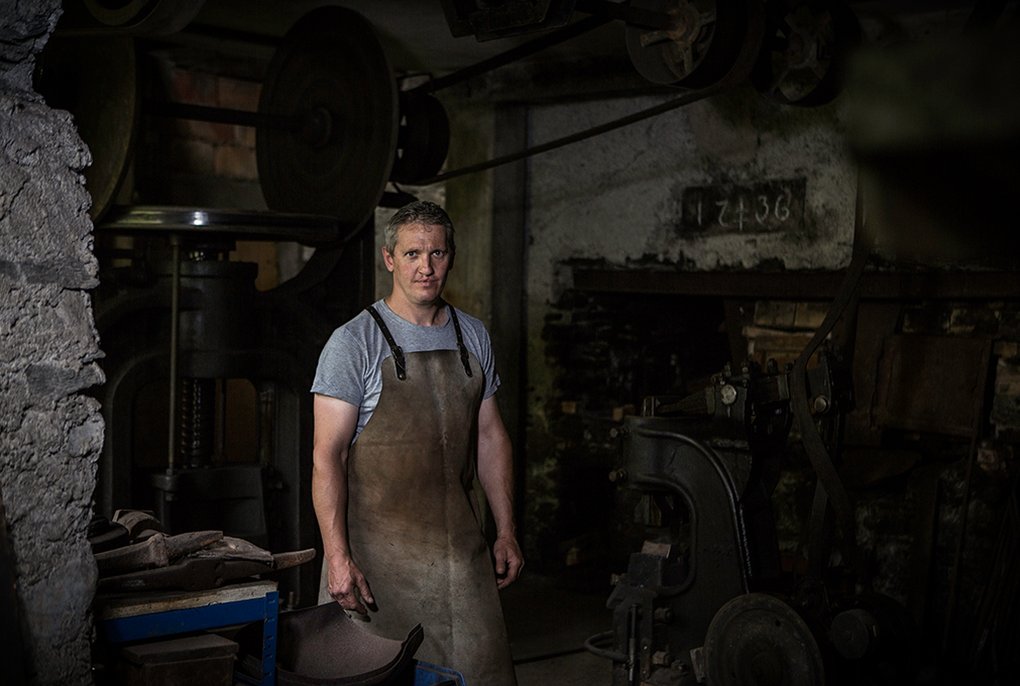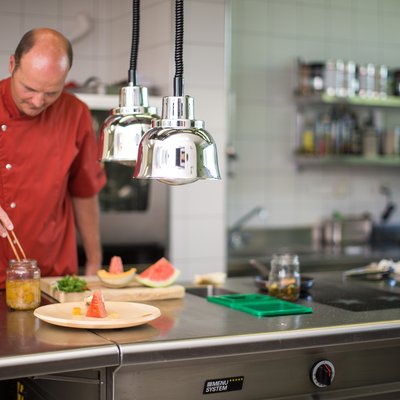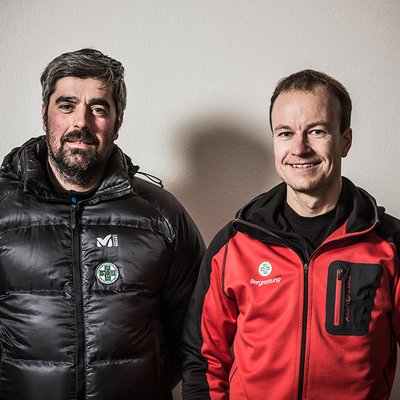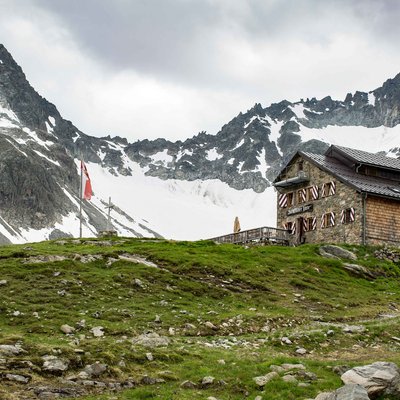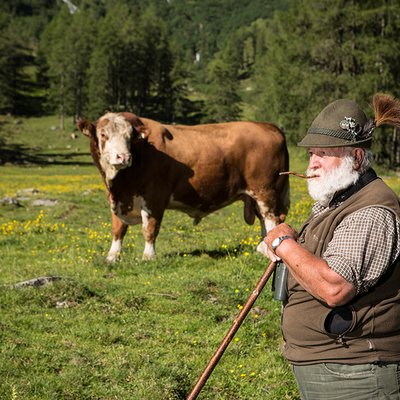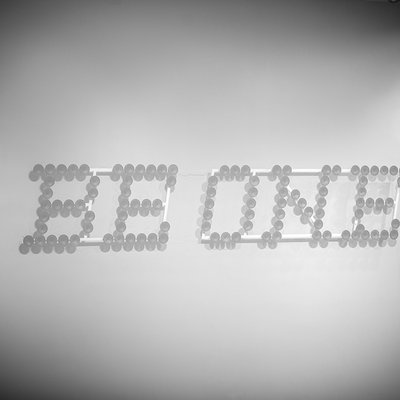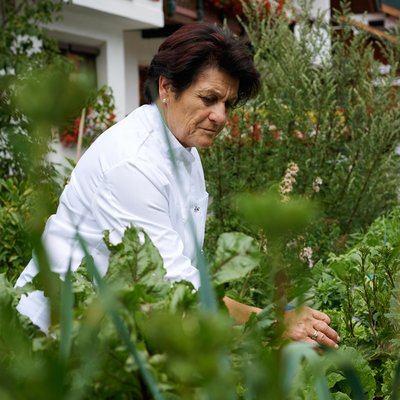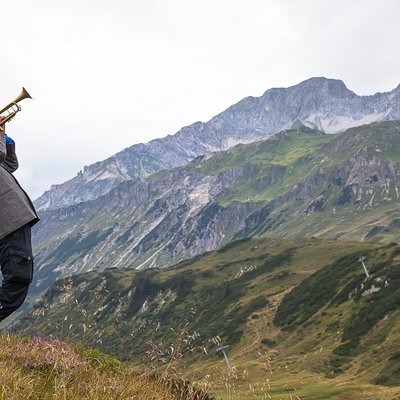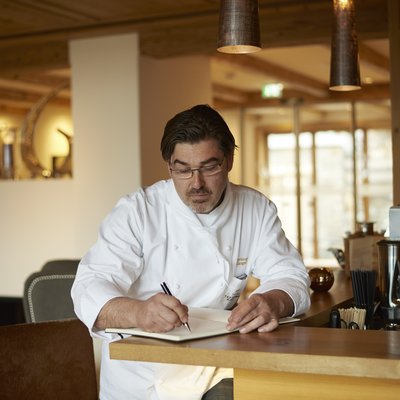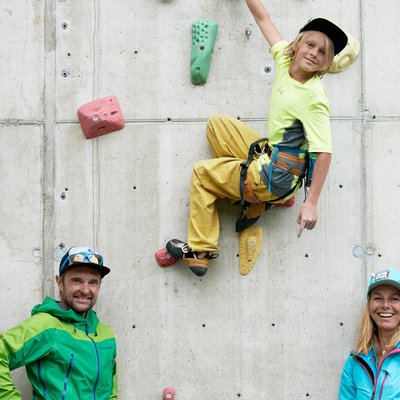The Last Of His Kind
Visiting Walter Scherl, Austria's last cowbell blacksmith.
"Tradition alone won't put food on the table. But since I cater to a specific group of customers, I can sell enough pieces to make a living," Walter Scherl explains. He is the last remaining cowbell blacksmith in Austria. And his unique status won't be changing anytime soon, because his profession is no longer passed on to apprentices. "There is no one left to do the examination."
For the blacksmith, a strong sense of tradition comes with the job, but he is not one to romanticise it. Scherl is proud to be the last of his kind and is aware of the advantages it has for his business: There is no need for a price war. Of course there are bigger enterprises that sell industrially produced bells, but "if someone wants a handcrafted, high-quality cowbell, they are willing to pay a fair price," Scherl tells us. Apart from the occasional carnival group or football club, farmers are his main clientele. And they are willing to take on a trip of up to 200 kilometres to buy his product.
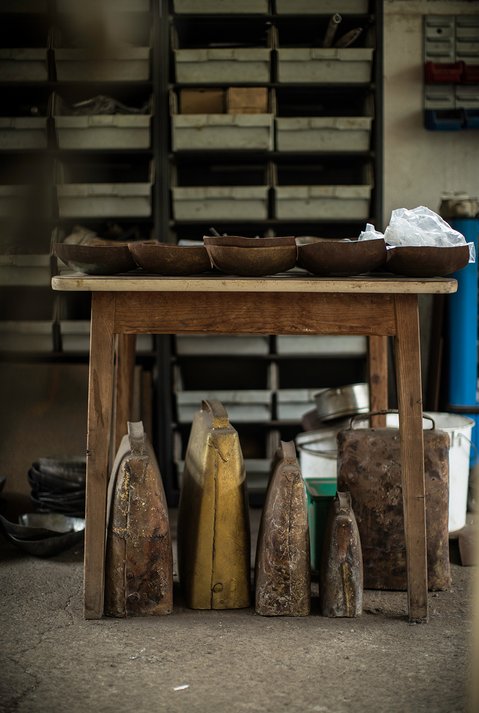
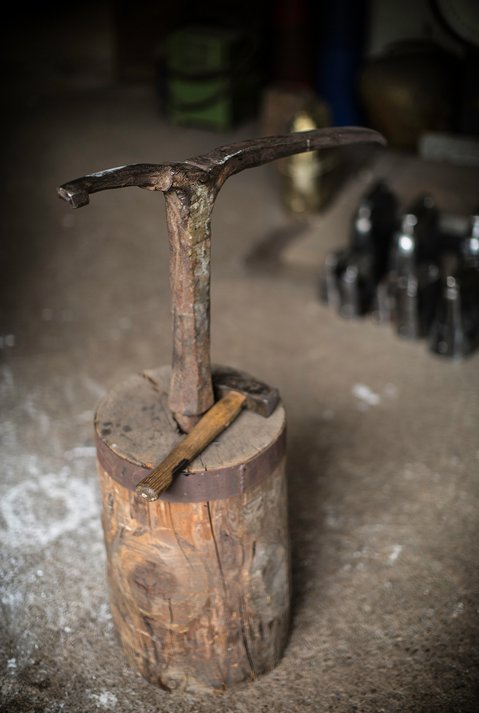
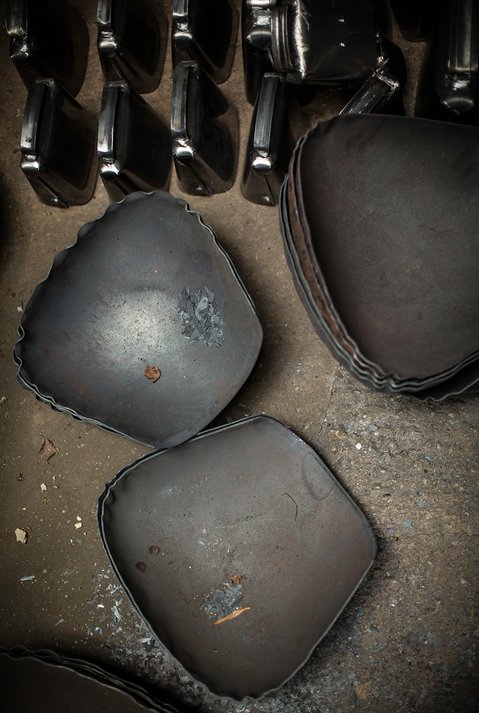
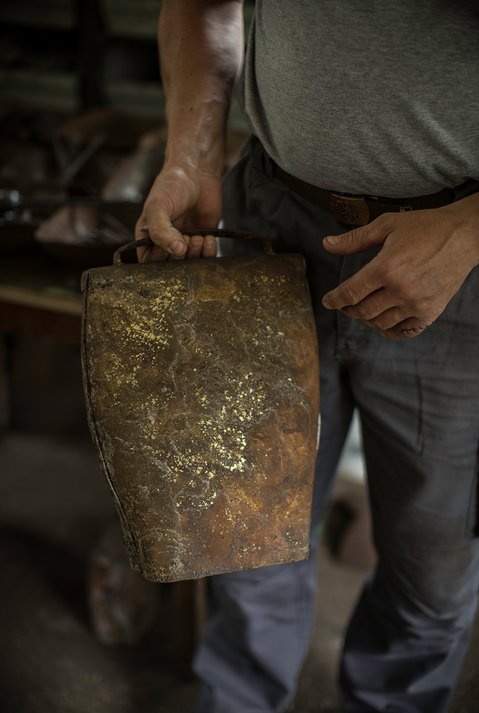
For more than 300 years, the blacksmith shop in Schnann near St. Anton has been owned by the Scherl family. Walter took over the enterprise from his uncle Josef, who remained childless. His father also worked in the business. "It was kind of predestined," Scherl shares. But he was never forced into the trade, neither by his father, nor by his uncle. "I always wanted to do it. And I still do." He produces up to 700 bells each year. Every step is completed by hand. First the two halves are cut from a steel sheet. "Of course this can never be as precise as laser cutting. But crafting by hand makes each bell a unique piece," the blacksmith says. In the next step, the halves are either pressed cold, or heated to 1000° Celsius, depending on their size. They are hammered into shape, riveted together and welded. Once the seam is ground, a handle is attached and the bell is dipped into a brass bath. "When I take it out, it's brown. Finally, I polish it," he explains the process.
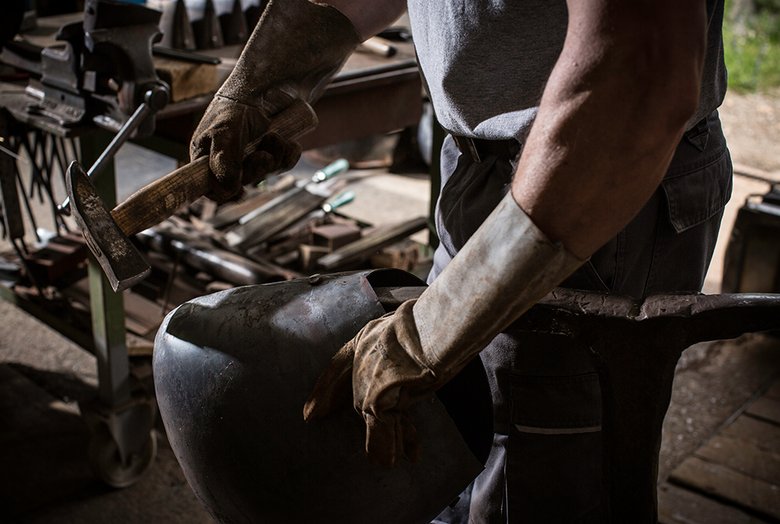
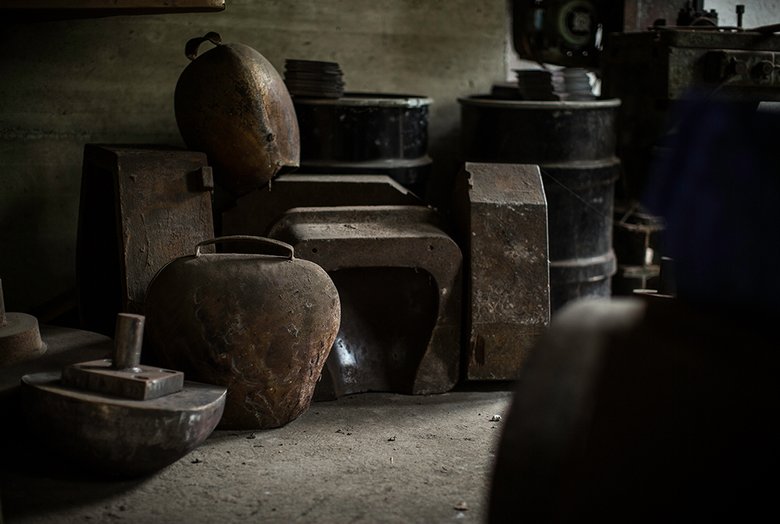
Listening to Scherl (and considering his athletic build), his profession seems like hard physical work. He himself doesn't seem too flustered about this: "It’s not so bad if you’re used do it.” Skill is more important than physical strength: "Sometimes I laugh when I remember how long I messed around with some parts in the beginning, just because I didn't have the experience." How important is having a good ear? After all, the bell should sound good. "It needs the right pitch – you don't want a huge cowbell to sound like a jingle bell." Size, form and the material's thickness determine the sound. Accordingly, it is difficult to tune a finished bell. "When you make three bells that are supposed to be in harmony, you have to know quite well what you are doing. You can only change nuances in the fine-tuning," the blacksmith elaborates. For example by sanding or brazing the material to either increase or decrease the bell's weight, thus changing the sound. The 45-year old loves working on details like this.
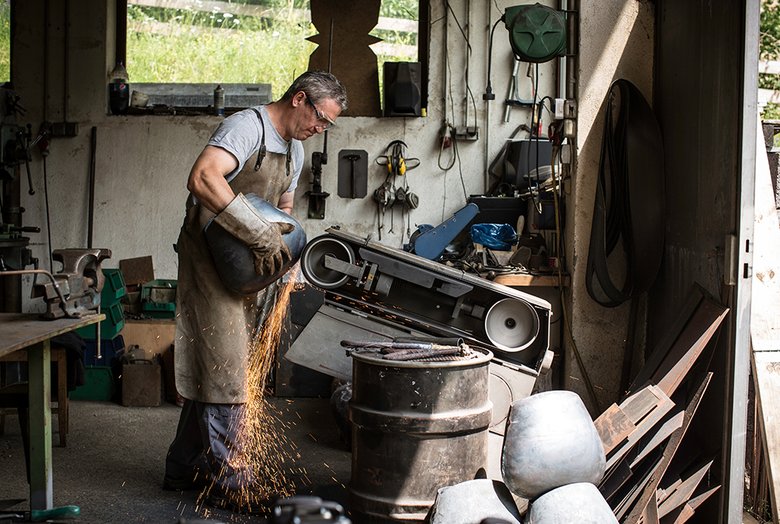
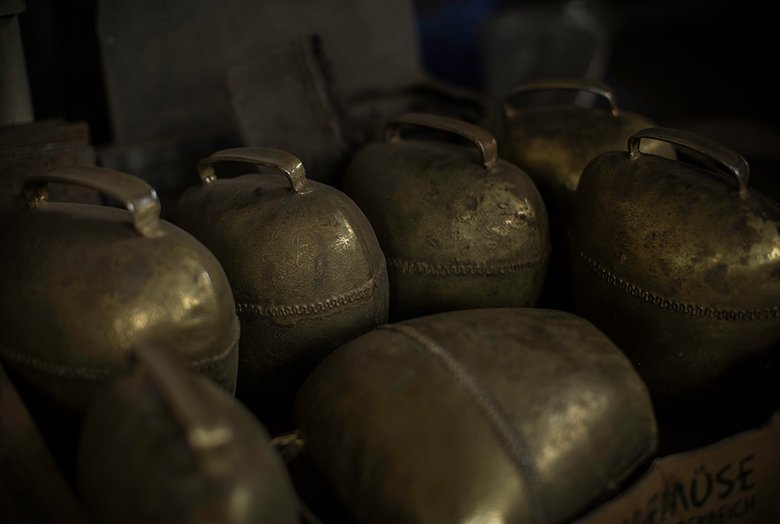
Scherl's children are 12 and 13 years old and have begun to show interest in their father's traditional craft. He would be thrilled to see the 300-year old family business live on for another generation, but does not wish to pressure his kids. "If they want, I will try to continue the shop. However, I only want my children to take over if they can make a living with it. First they have to complete a 'normal' education. They can learn the craft at home," Walter Scherl believes. One should rather say: Home is the only place they can learn the craft.
Text: Matthias Köb // friendship.is
Photos: Florian Lechner // friendship.is
Oct. 19, 2016

